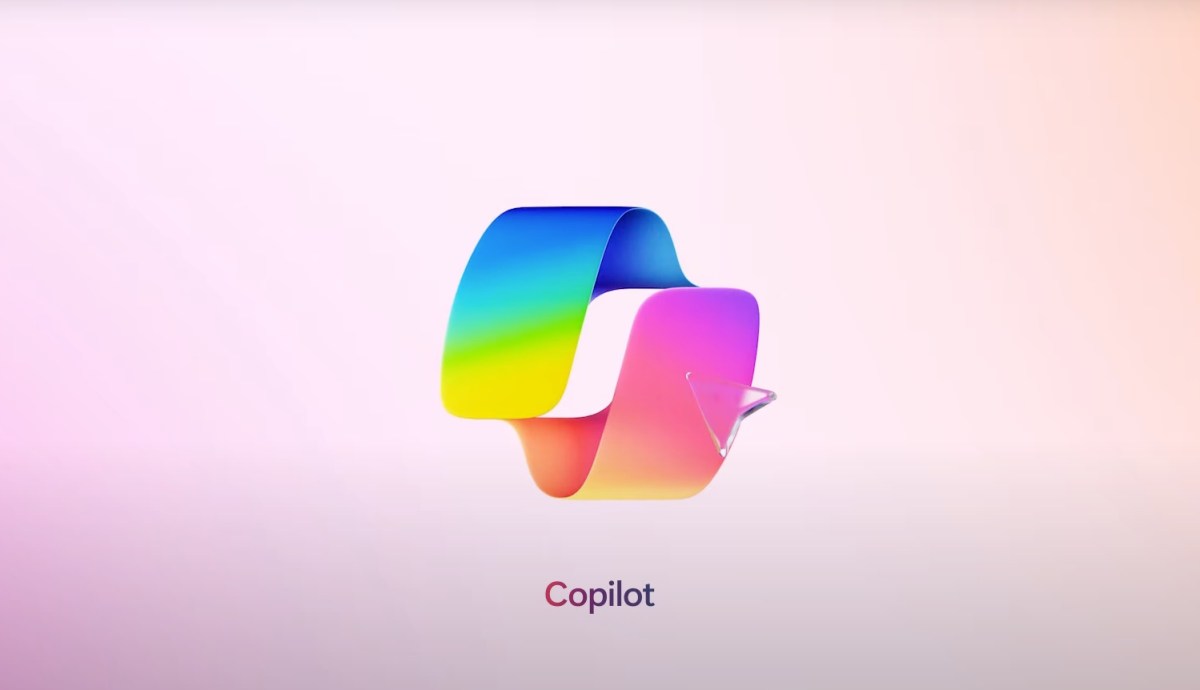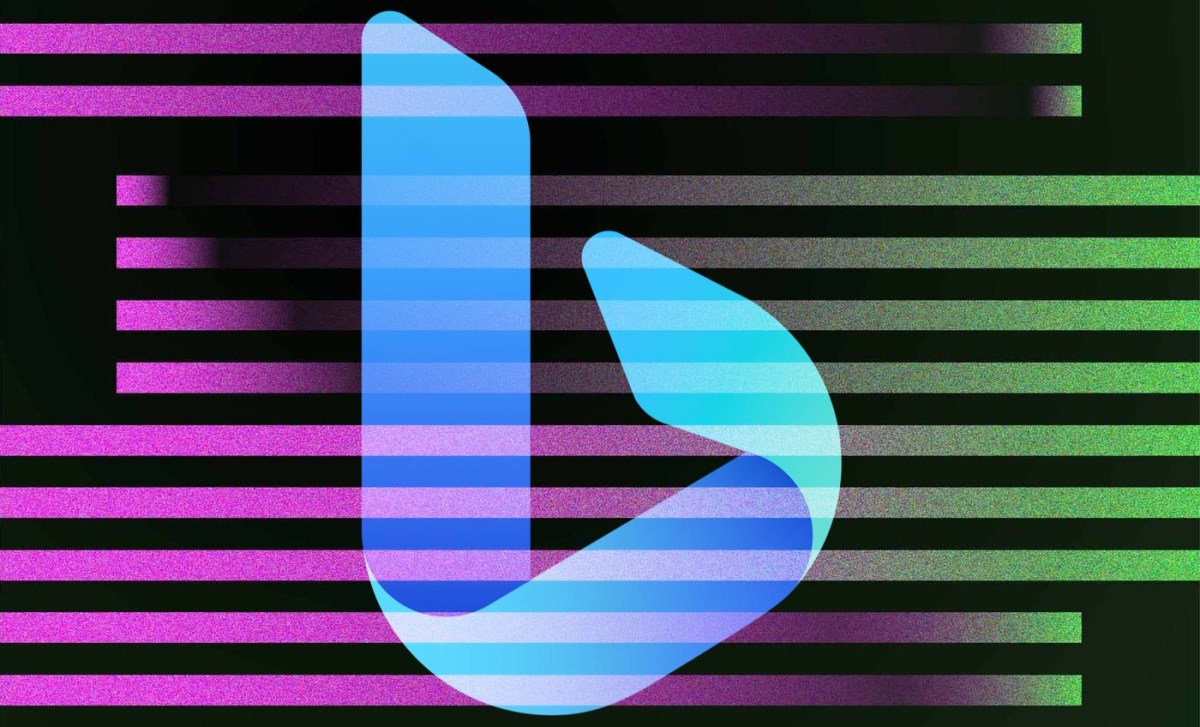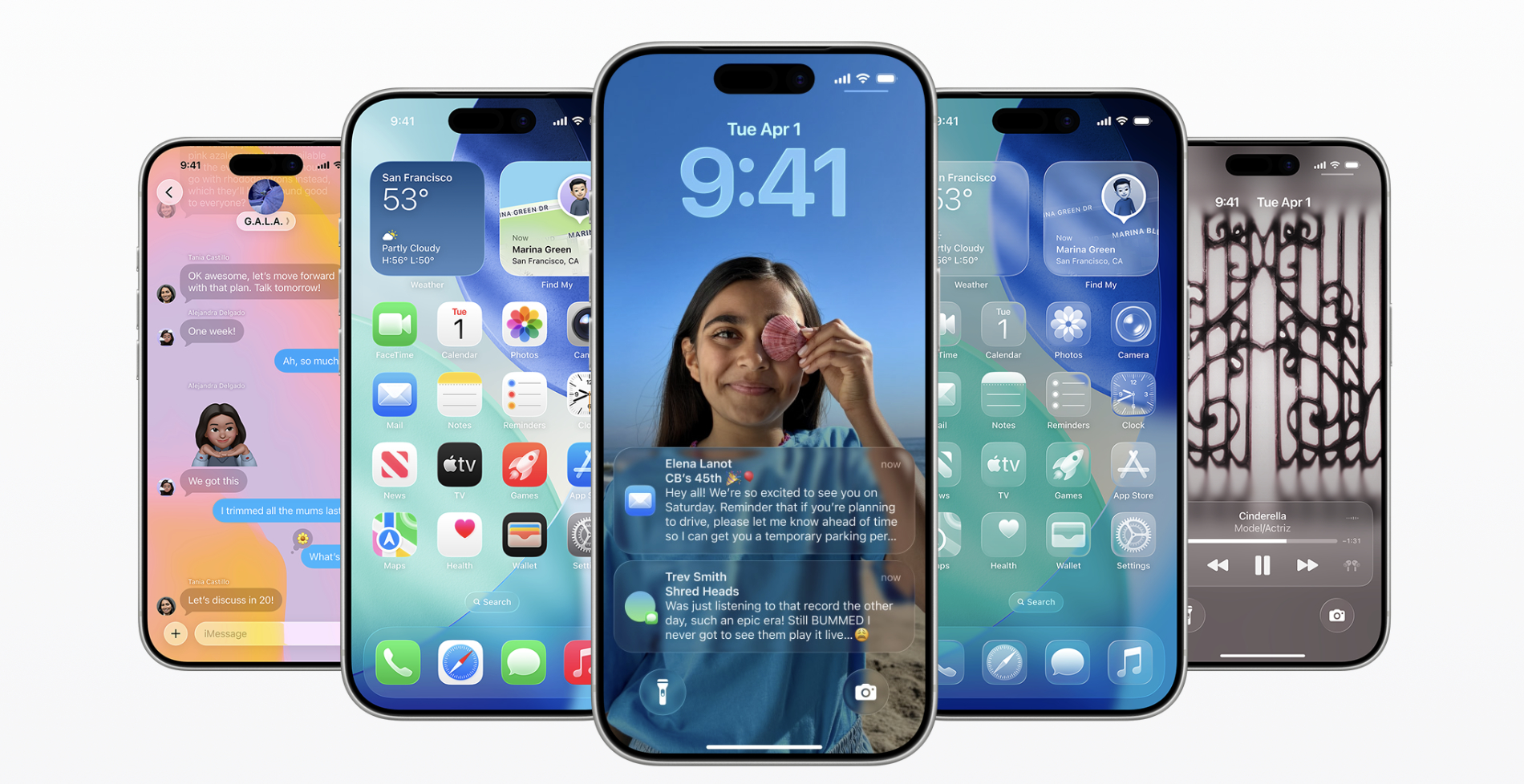
Microsoft is going to pay publishers for content that will appear in Copilot Daily, a new feature of its Copilot AI-powered, cross-platform assistant.
Copilot Daily, announced on Tuesday alongside other Copilot upgrades, gives users a spoken summary of the weather and current events. Alexa and Google Assistant have long delivered similar daily briefs, but Microsoft describes its take as “an antidote to that familiar feeling of information overload.”
“Clean, simple, and easy to digest, Copilot Daily will only pull from authorized content sources,” Microsoft writes in a blog post, adding that options for reminders and customization will arrive over time.
Reuters, Axel Springer, Hearst Magazines and The Financial Times are signed on for Copilot Daily, which is only available in the U.S. and U.K. at launch. Microsoft won’t reveal how much it’s paying publishers, nor the other terms of the arrangements, but the company did say it plans to add publishers and expand Copilot Daily to new countries “soon.”
Microsoft has been paying publishers for many years in the form of content-licensing deals for its MSN platform. But until now, those licensing deals didn’t cover the company’s AI products.

None of the Copilot Daily publisher partners responded to TechCrunch’s request for comment as of publication time.
The partnerships come at a time when some AI vendors, including OpenAI, Perplexity and even Apple, embrace payment deals partly to shield against claims that their AI tools infringe on copyrighted works. Many of the deals give AI vendors sorely-needed data to train their models. According to one estimate, the market for AI training data could grow to close to $30 billion within a decade.
Perplexity recently began sharing ad revenue with publishers when its AI-powered search tool surfaces their articles in response to a query. OpenAI, meanwhile, is licensing content from publishers including Condé Nast, Time, NewsCorp, Vox Media and The Associated Press.
Some publishers, writers and unions have criticized the structure of these deals, saying they undervalue journalism. For context, OpenAI’s lower-end checks reportedly range from $1 million to $5 million annually. Others have noted their poor execution; as of June, OpenAI’s ChatGPT chatbot was producing links to news partners’ stories that didn’t work.
But the news sector is desperate for a break.
The industry could be on track to shed 10,000 jobs this year, per Fast Company. That’d be an improvement from last year, which saw over 21,400 journalism jobs eliminated, but it’s hardly a sunny outlook.
Many factors are contributing to the decline, from slow-growing ad budgets to inflation (which is hurting subscriptions). The struggle to find a sustainable business model hasn’t been helped by Big Tech, either — their search and feed algorithm changes, in addition to AI-generated search overviews, have reduced traffic to news sites.
Pundits argue that tech has also trained people to expect free content — nearly half of all U.S. residents get their news from social media — and captured an increasing share of ad dollars at the expense of publishers. Approximately 60% of global ad spend is now funneled toward Big Tech companies, including Google and Meta. One study found that broadcasters lose nearly $2 billion in ad revenue annually to Google and Meta’s platforms.






